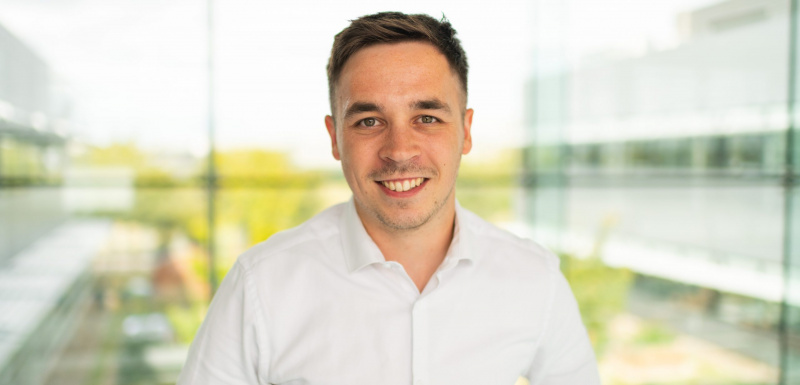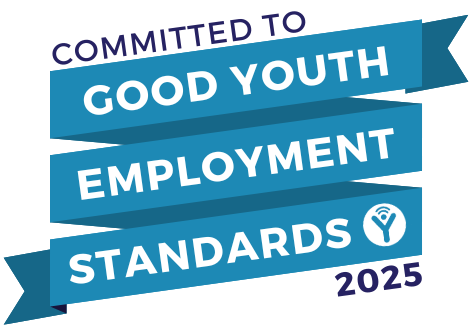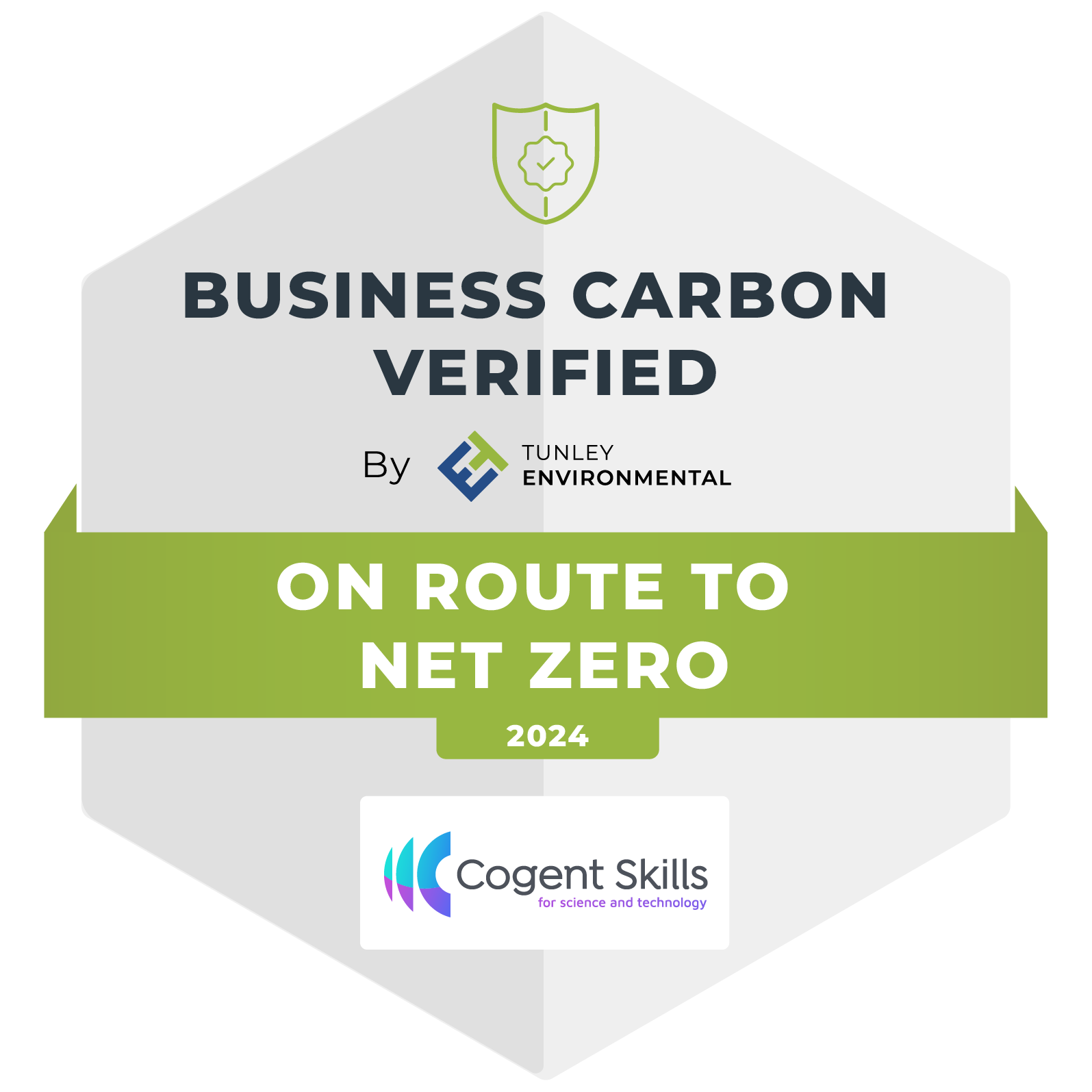James Fox Discusses his Level 7 Bioinformatics Apprenticeship with AstraZeneca
We recently spoke to James Fox, a Level 7 bioinformatics apprentice hosted at leading pharmaceutical company AstraZeneca through our outsourced employment.
Tell us a little about bioinformatics and your job role at AstraZeneca
Bioinformatics is an interdisciplinary role that brings together aspects of biology, data science and computer science. There is an ever-growing dependency on bioinformaticians to help answer biological questions through the use of computation, both through the statistical analysis of data that is produced and by developing tools and software to assist in visualising and interpreting such data. With the amount of data being produced in the pharmaceutical industry it is essential to automate and accelerate tasks at all stages of the drug discovery process, whilst also providing insight and analysis of this data. This is the role of a bioinformatician.
My role at AZ largely focuses on supporting lab scientists by developing and working on apps that simplify and automate some of their workflow. This has ranged from creating apps beginning right at the start with requirements gathering, all the way through to fixes and adding features to existing apps. It’s been great to be involved in a team that has a direct impact in getting medicines to those that need it by speeding up the drug discovery process.
Have you always been interested in pursuing a career in complex scientific data analysis/bioinformatics?
Not at all. In fact, bioinformatics is something I had never heard of until my second year at university. I’ve always had interests in computer science and began teaching myself to code (mostly Python) at university before I knew it could be applied in a biological context. Since knowing this could be done, it’s something I have pursued.
How did you set about pursuing your career goals?
Once I knew bioinformatics was the path I wanted to take, I immediately did some research into how to be more employable in the field. I did some free online courses to improve my programming and started a few projects of my own. These were simple word-based games just to develop my understanding of different programming languages. The best route for me to develop myself as a bioinformatician I felt was to complete a Masters degree. I did quite a bit of research of the universities that offered suitable courses and selected a few preferable options. I also looked at potential alternatives to a full-time Masters including apprenticeships and weighed up the pros and cons of taking either route.
What made you decide to take the apprenticeship route rather than take your Masters at university?
There’s several benefits of taking the apprenticeship route over a full-time degree at university. The biggest for me was being able to gain ‘real-world’ experience at the same time, something I think has been invaluable. Not only has it helped me complete my degree, I feel it puts me ahead of where I’d be doing a full-time degree with respect to the skills and knowledge I have gained. I feel with the experience I’ve gained, I have a much clearer idea of exactly what projects drive me and where I want to specialise. When searching for full-time Masters courses, I also had to consider finances – both with funding the course and the living expenses. With the apprenticeship I have not had to worry about this at all, in fact I’m now in a better position to be financially secure than I ever would have been doing a full-time degree.
What subject areas are you studying as part of your university Masters course?
The course has broadly covered most aspects of bioinformatics. This includes next generation sequencing, omics, machine learning, statistics and programming. All modules have assignments that directly apply to real-life bioinformatics work. At the end of the taught modules, I took part in a 10-week group project, bringing together everything that I had learnt through the course. This was then followed up by my thesis, based off a project I completed at work. What’s great is that the work I do at AZ has helped me with some modules at university and vice versa!
How is what you are doing making an impact within the organisation?
What I do at AZ directly impacts how the scientists in the labs work. Automating some of their tasks and thus also reducing the likelihood of errors, speeds up the drug discovery process. By creating new apps I am also expanding this service and by updating older apps, I am making it more robust. It’s great being able to see the work my team and I do being put to use everyday by the lab scientists around us.
What advice would you give other young people interested in pursuing a career in scientific data analysis/bioinformatics?
Get stuck in straight away! There’s so much to take on board in a role such as this, so starting early always puts you on a good footing. It’s really beneficial to use some free online courses as a way of starting to learn the basics of programming. Obviously the biology is very important too, so developing your understanding of modern techniques in topics such as DNA sequencing and omics will be beneficial when it comes to making yourself a standout candidate in a job interview.
Outside of the technical advice, I think it’s useful to get comfortable with not always being in your comfort zone. Not many days are the same in my role, with different challenges popping up at least weekly! To me, that’s one of the fun sides of the job. There’s so much to learn and so many new projects to get involved in that you’re always kept on your feet.
What’s next for you?
I’ve just completed the Masters portion of my apprenticeship and officially only have a few months left. In this time I’m preparing for my end point assessment, the last stage in completing my apprenticeship. There’s also still some unfinished work to complete on a couple of projects I have, so I’ll be wrapping that up too! Once my apprenticeship is over, I’ll be looking at becoming a full-time Bioinformatics Scientist and continuing my journey of development. I’ve really enjoyed the software development side of my work, so will be looking down that line of work in future positions!








